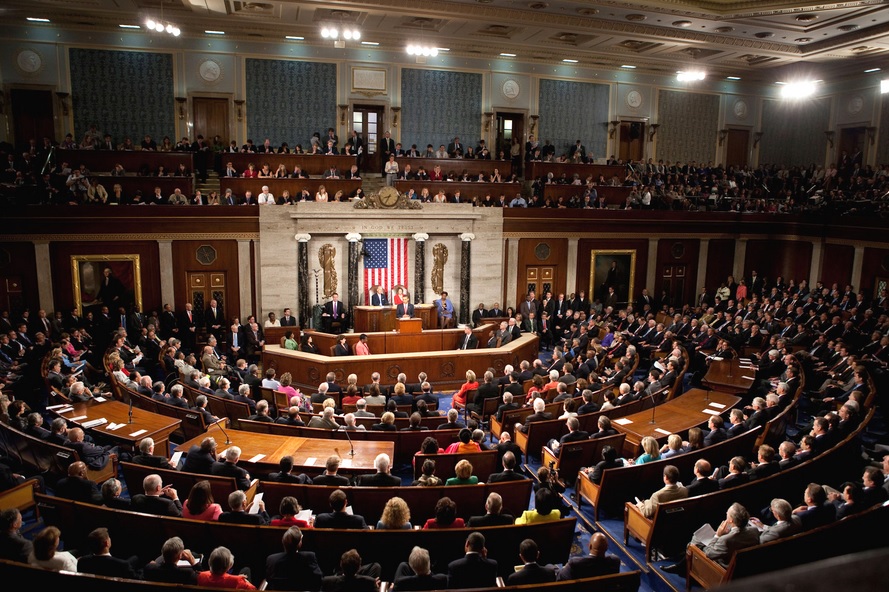Congress passed a large federal government funding bill that includes several items of interest to small businesses. The action on H.R. 1865, the Further Consolidated Appropriations Act, 2020, came during its last week in session before going into recess for the remainder of 2019. President Donald J. Trump signed the bill into law on Dec. 20.
Healthcare Tax Changes
The bill included repeal of three key healthcare taxes. “These provisions provide small business owners much-needed relief from healthcare taxes that increase costs and threaten the ability to offer health insurance to employees,” NFIB Acting President Brad Close said in a Dec. 17 letter of support for the repeal to Senate leaders.
NFIB’s letter of support cited research from the Agency for Healthcare Research and Quality, which found less than 30 percent of small businesses were able to offer health insurance to their employees in 2018; a reduction of 24 percent since the Affordable Care Act was enacted.
“These healthcare taxes have made health insurance more expensive and less available for small business owners and their employees,” Close said in the letter.
NFIB’s letter explained how the repeals of the healthcare taxes, included in sections 501, 502, and 503 of the bill, would help small businesses:
– Section 502 repeals the small business health insurance tax beginning in 2021. This tax has resulted in increased health insurance costs as it has been passed along to small business owners in the form of higher premiums. NFIB has long supported permanent repeal of the small business health insurance tax. Working in a bipartisan manner, Congress previously provided temporary relief from the small business health insurance tax in 2017 and 2019. Full repeal of the tax beginning in 2021 is a significant victory for small business owners.
– Section 503 repeals the Cadillac tax on employer-sponsored health insurance, which was scheduled to take effect in 2022. This tax would have increased premiums and out-of-pocket costs and increased administrative burdens for small business owners.
– Section 501 of the bill repeals the medical device tax beginning in 2020. This tax has stifled innovation and increased healthcare costs.
Other Small Business Items in Spending Bill
The government funding legislation also included a few extensions of temporary tax provisions that may affect small business owners, including the paid family medical leave credit established by the 2017 Tax Cuts and Jobs Act, the Work Opportunity Tax Credit, and reducing the floor for medical expense deductions.
The government spending bill also included the SECURE Act, which aims to assist small businesses that pool retirement plans (Multiple Employer Plans or MEPs). A version of this bill passed the House earlier this year. NFIB did not take a position on that bill, which would increase the tax cfedit for small employers to begin offering retirement plans, but also limit inherited Individual Retirement Accounts, among other provisions.
Finally, the bill had some tax relief provisions intended to help businesses in disaster effected areas. The tax relief applies to major disasters declared from Jan. 1, 2018, through 60 days after the bill was signed. The bill excludes businesses affected by the recent California wildfires, which are handled under a separate law.
Trade Deal Passes House
Also at the end of the legislative session, the House passed the United States, Mexico, and Canada Agreement (USMCA). That legislation now goes to the Senate, which is not expected to consider it until after dealing with the Trump impeachment proceedings.
